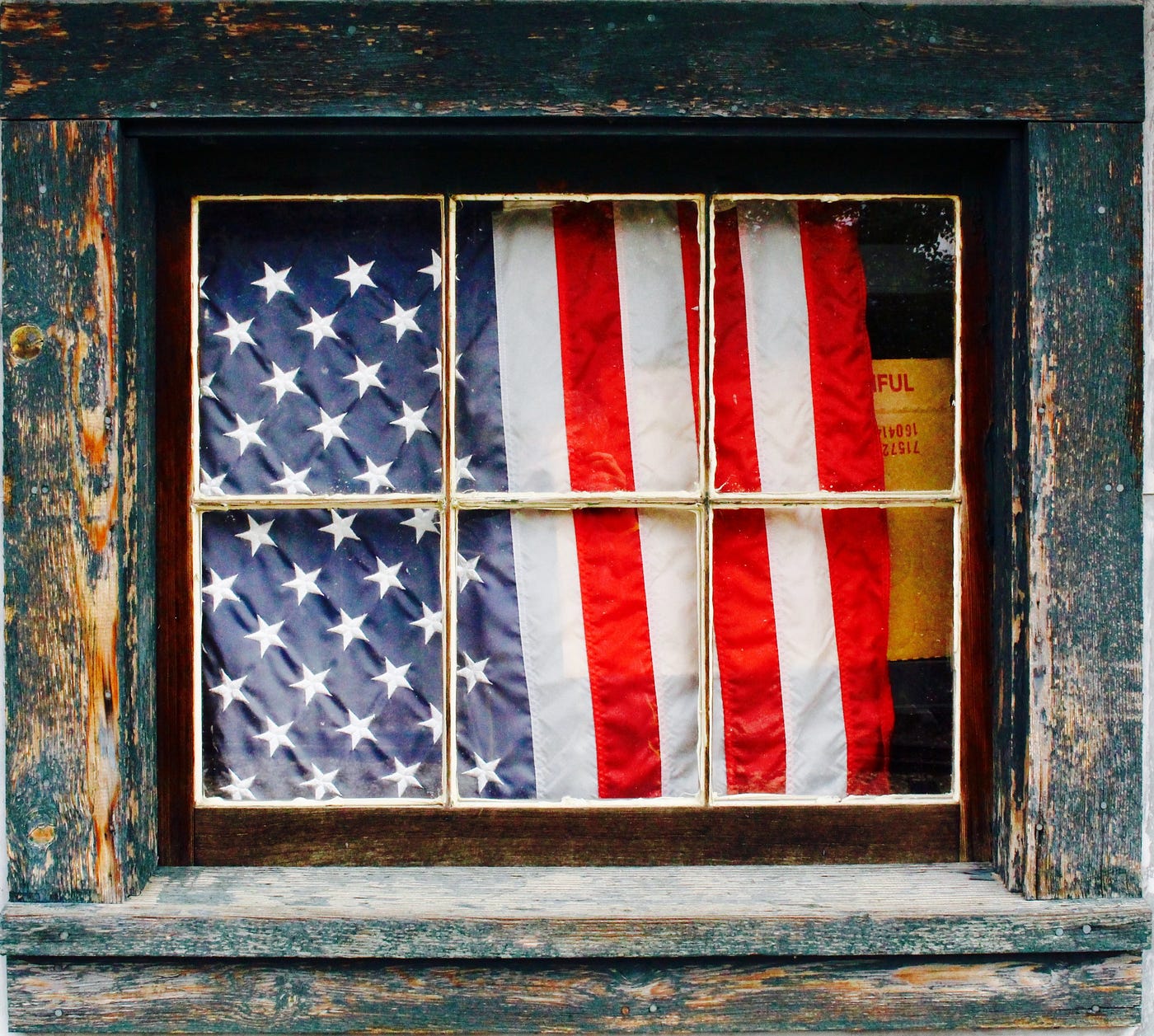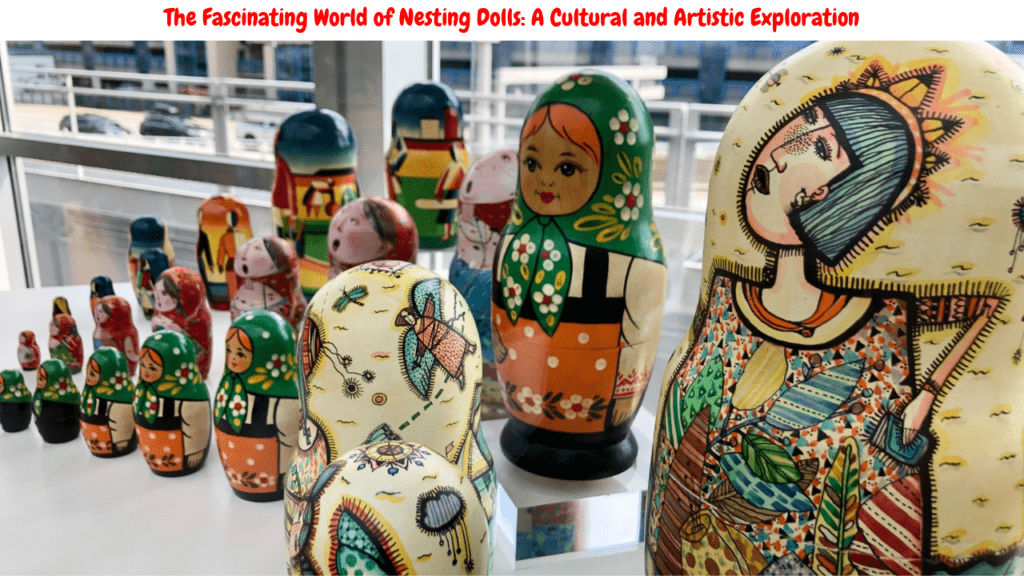Southern culture in the United States is a vibrant and diverse tapestry woven from a multitude of influences, including history, geography, cuisine, music, literature, and traditions. From the rolling hills of Appalachia to the bayous of Louisiana, the Southern region exudes a unique charm and character that captivates visitors and residents alike. In this comprehensive exploration, we’ll delve into the multifaceted aspects of Southern culture, shedding light on its rich heritage, enduring traditions, and contemporary relevance in shaping the identity of the American South.
Historical Roots and Influences:
The roots of Southern culture run deep, reflecting centuries of history shaped by Native American, European, African, and Caribbean influences. From the colonial era and antebellum period to the Civil Rights Movement and beyond, the South has been a crucible of cultural exchange, conflict, and evolution, leaving an indelible mark on its identity.
Culinary Traditions:
Southern cuisine is renowned for its comfort food, bold flavors, and diverse culinary heritage. From barbecue and fried chicken to grits, collard greens, and pecan pie, Southern cooking embodies a fusion of flavors and techniques passed down through generations. Moreover, the hospitality and communal nature of Southern dining underscore its significance as a cultural cornerstone.
Music and Arts:
Music is an integral part of Southern culture, encompassing a wide range of genres, including blues, jazz, country, bluegrass, gospel, and rock ‘n’ roll. Influential musicians such as Robert Johnson, Elvis Presley, Dolly Parton, and Louis Armstrong have left an indelible legacy on American music, shaping not only Southern culture but also the broader musical landscape.
Literature and Folklore:
Southern literature is renowned for its rich storytelling tradition, exploring themes of identity, family, race, and the human condition. From classic works by William Faulkner and Flannery O’Connor to contemporary voices like Zora Neale Hurston and Toni Morrison, Southern writers have captured the essence of the region’s culture and complexity.
Festivals and Celebrations:
Festivals and celebrations play a vital role in Southern culture, offering opportunities for communities to come together, celebrate their heritage, and express their identity. Whether it’s Mardi Gras in New Orleans, the Kentucky Derby in Louisville, or the Juneteenth celebrations across the South, these events serve as showcases of Southern pride and tradition.
Contemporary Perspectives:
While rooted in tradition, Southern culture continues to evolve and adapt to modern realities. Issues of race, identity, and social justice are central to ongoing conversations and debates within Southern communities, reflecting the region’s dynamic and complex nature.
Conclusion:
Southern culture in the United States is a multifaceted tapestry characterized by its rich history, diverse traditions, and enduring resilience. From its culinary delights and musical heritage to its literary legacy and vibrant festivals, the South embodies a spirit of hospitality, creativity, and community that defines its identity. As we continue to explore and celebrate the many facets of Southern culture, we gain a deeper appreciation for its profound impact on American society and its enduring relevance in shaping our collective narrative.




